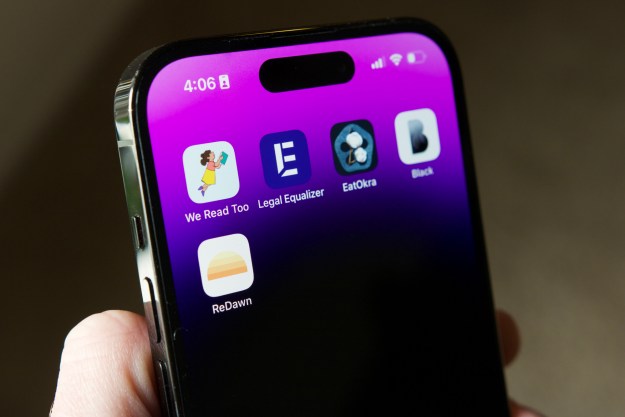
Titled the FBI Child ID app for the iPhone, the Federal Bureau of Investigation launched their first app today to help parents speed up the process of contacting the authorities in the event that a child goes missing. The app requires a mobile device with a camera and is compatible with the iPhone, iPad 2 and iPod Touch. The moment that a child vanishes, the parent can open the app and tap a couple buttons to contact the FBI, 911 or the National Center for Missing and Exploited Children.

The FBI stressed that data about the child isn’t stored by the organization or Apple. The only way information about the child can be viewed by the FBI is if the user of the application sends it. Beyond the iPhone, the FBI has plans to bring the application to other mobile devices including Android and BlackBerry phones. Another likely step with the application would be sending GPS data when parents transfer data to help local police forces locate the user of the app. Early criticism on the Apple App Store focuses on the lack of password protection on the app. Without password protection, it’s possible that a child’s data could mistakenly or maliciously be sent to the FBI resulting in a false police report.
Editors' Recommendations
- Everything you need to know about the massive Apple App Store outage
- Arc Search is one of the best iPhone apps I’ve ever used
- These developers are doing something amazing with iPhone and iPad apps
- The 16 best messaging apps for Android and iOS in 2023
- The best voice-recording apps for iPhone and Android in 2023


